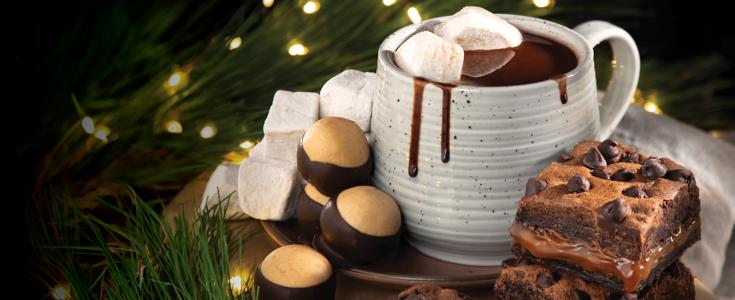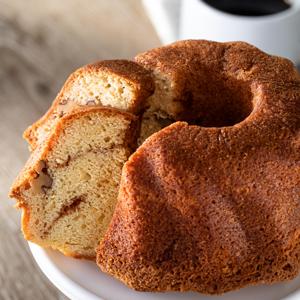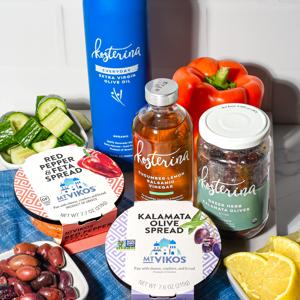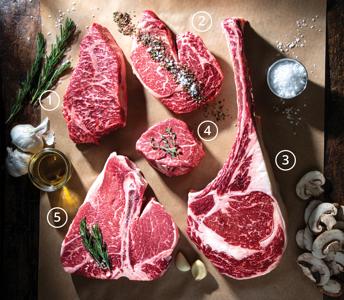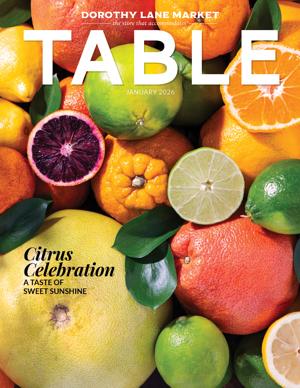
Journey to South Africa—Wild Proteas

- POSTED Sep 30th, 2021
- BY Stuart Delk
At the southern tip of Africa lies a landscape unlike anywhere else in the world. Jagged mountains rise up from ragged coastlines. A milk Mediterranean climate and ancient volcanic soil produce unique growing conditions. It’s here that a huge group of plants collectively known as the Cape Floral Kingdom grow. Many of these plants are found nowhere else.
The most widely known of these endemic plants in the Queen Protea, a dinner-plate Protea that’s been adopted as the South African national flower and is all the rage on social media for bridal bouquets. In addition to the many Protea varieties, there’s a huge number of lesser known but stunning wildflower species.

I’ve wanted to see the wild Proteas and other Cape species for decades. My late August trip to South Africa was timed to coincide with the late-winter Protea blooming season. For the better part of two weeks, I hiked with a local naturalist and experienced the amazing diversity of the wild Cape Floral Kingdom. I wanted to see the local flower-growing industry firsthand. I was fortunate to meet Bryan Michell. Growing up, his family had a vacation farm about 50 miles outside of Cape Town in the stunningly beautiful Franschhoek Valley.
It’s one of the most scenic wine regions of the world with rolling, fertile hills surrounded by towering mountains with sheer granite cliffs. Many years ago, Bryan’s mother decided she wanted to start breeding and raising Proteas. She became very good, and after several years was commercially growing and selling her cut Protea to local floral exporters. Her farm grew as did many of the other flower farms in the valley. The Franschhoek Valley is now a mix of world-class vineyards and flower farms.
While the Proteas are cultivated, i.e., planted, maintained, and harvested, for years, many of the other fowers grow wild. Large areas of natural vegetation are then selectively harvested. This is completely organic and completely sustainable. These wild flower fields are as they have been for centuries. It’s sustainable agriculture at its very best.
We’re very excited to reveal that Cape Mountain Flora, which is operated by Bryan and exports native South African cut flowers mainly to Asia and Europe, will now add DLM to its network starting in mid-December. The quality of Cape Mountain Flora is the best of the best, so get ready!
Comments
Leave a Reply
-
ONLINE SHOP
(866) 748-1391 shop@dorothylane.com -
Mason
(513) 229-2500- Mon - Sun: 6:00AM - 9:00PM
-
Oakwood
(937) 299-3561- Mon - Sun: 6:00AM - 10:00PM
-
Springboro
(937) 748-6800- Mon - Sun: 6:00AM - 9:00PM
-
Washington Square
(937) 434-1294- Mon - Sun: 6:00AM - 9:00PM
Craving More?
We'd love to fill your plate with recipes, stories of our food adventures, gift ideas, and news of sale items.
SIGN UP FOR OUR E-NEWSLETTERS
